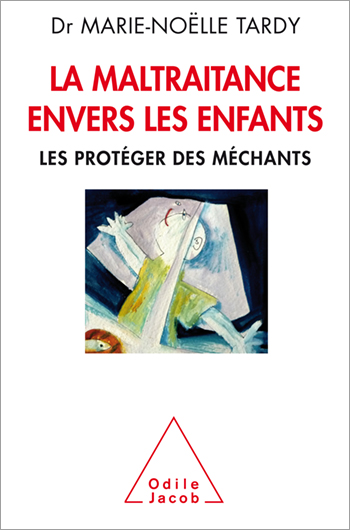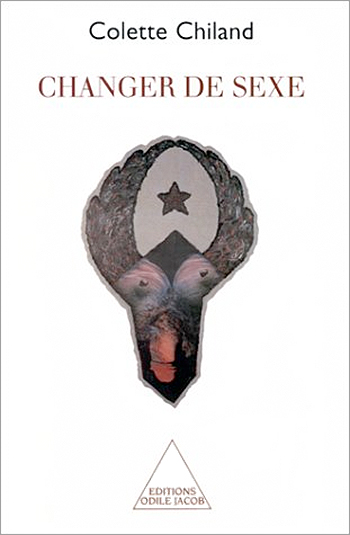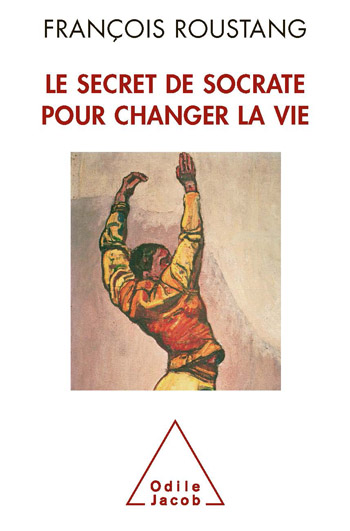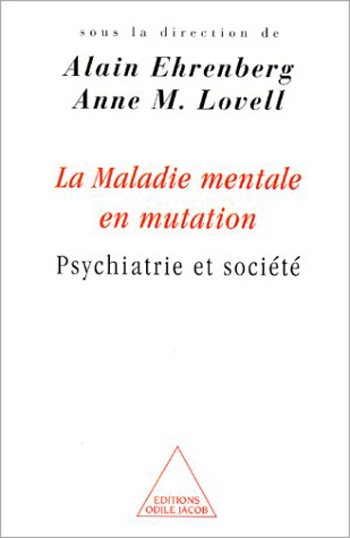Psychology All books

Hubert Montagner
Child and Animal The Emotions Which Liberate Intelligence
What could be more commonplace than the emotional ties that some children develop with cats and dogs or other pets? And yet, nothing could be more surprising than the fact that such ties, which are sometimes very close and intense, can exist between members of very different species. The author traces the long history of this co-evolution, from the early domestication of animals for economic ends (such as warning or defence) to the keeping of animals as pets. Above all, he asks the question: What if animals contribute significantly to childrens psychological and emotional development? Professor Hubert Montagner heads a research unit of INSERM.

Marie-Noëlle Tardy
Child Abuse
Information on child abuse is essential if we are to protect children and prevent abuse

Hubert Montagner
The Child : The Real Question of Education
This ambitious work aims to provide a comprehensive view of the mechanisms, processes, influences, factors, and past and present events that may keep children from constructing, structuring or mobilising their abilities in an academic environment, and from acquiring new abilities and successfully constructing the required learning skills. In the struggle against academic failure, the main tool is understanding the child better. In order to do this, it is essential to base educational practice on the most recent knowledge.

Boris Cyrulnik, José Lenzini
Chérif Mécheri, a Muslim Prefect Under Vichy
Starting with an original biographical portrait of Chérif Mécheri (1902-1990), the first Muslim prefect of the Republic, a Vichy official attempting to undermine its activities, a keen reflection on those who resisted.

Colette Chiland
Changing Sex
Some human beings refuse to take the path that leads from being male to becoming a man or from being female and becoming a woman and want to belong to the sex for which their bodies were not designed -and this at any price. In our culture, these transsexuals want to both occupy the other place in the network of symbolic exchanges and have a mark of this change in their bodies. Their sadness is irremediable, for although they can change their social sex, they cannot change their bodily sex. "It's better " states one transsexual, "to change what's in the mind". Will we succeed in doing so ? A university professor, Colette Chiland taught psychology and psychopathology of children and adolescents, then clinical psychology at the Sorbonne University in Paris.



